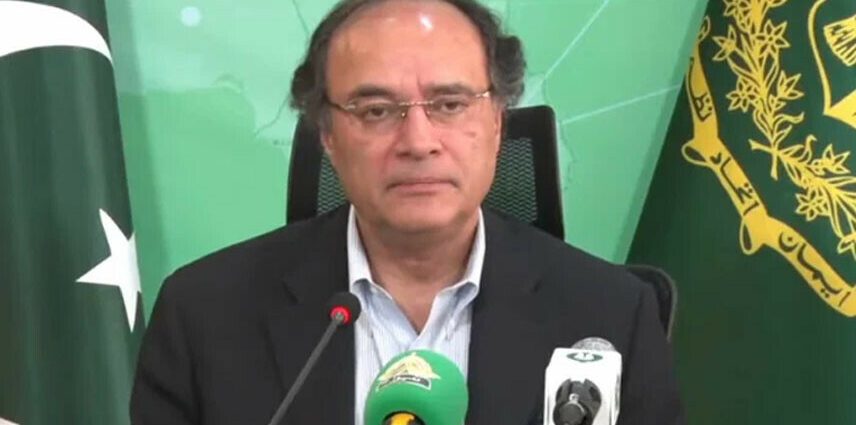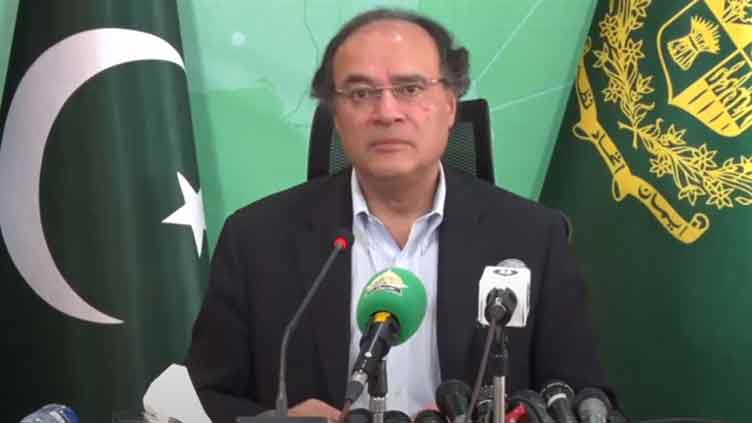Govt taking steps to eliminate non-filers economy: FinMin Aurangzeb
Addressing a press conference in Islamabad, he said a lot action has taken place to achieve macro stability which would, in turn, help the country’s economy come out of the woods.
Aurangzeb also stressed the need to maintain macroeconomic stability, stating that while micro-adjustments can be made, a lack of macroeconomic stability would pose significant challenges.
He outlined three key objectives for the budget: increasing the tax-to-GDP ratio to 13% within the next three years, implementing reforms in the LNG, power, and petroleum sectors, and eliminating leakages in the system, which he estimated at Rs 10 trillion.
He added that the World Bank has approved one billion dollar for the Dasu project which would make the economy stable as the International Finance Corporation has also approved 400 million dollars for the revamping in PTCL.
Counting on the government’s achievements, he said foreign exchange reserves now stood at nine billion dollars while inflation has also reduced from 38 percent to 12 percent.
He also seconded former finance minister Miftah Ismael idea to put taxes on retailers while mentioning that 42,000 retailers have been registered.
The finance minister criticised the concept of “non-filers,” stating that the government’s measures will eliminate this classification altogether.
Aurangzeb also addressed government spending, claiming that ministers have refused to accept salaries and are paying their own utility bills as a symbolic gesture.
He mentioned the reduction in the Public Sector Development Program (PSDP) to curb public expenditures and the inclusion of pensions in the budget, a decision made by the Economic Coordination Committee (ECC).
The finance minister said he mentioned in his address to the National Assembly that the terminology of non-filers needed to be eliminated in order to have a serious economic growth.
Aurangzeb said,” As the PM has mentioned, we also want this to be the last IMF programme as the economic stability has revived the trust of international lenders.”



